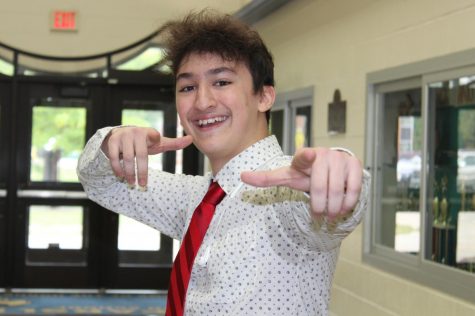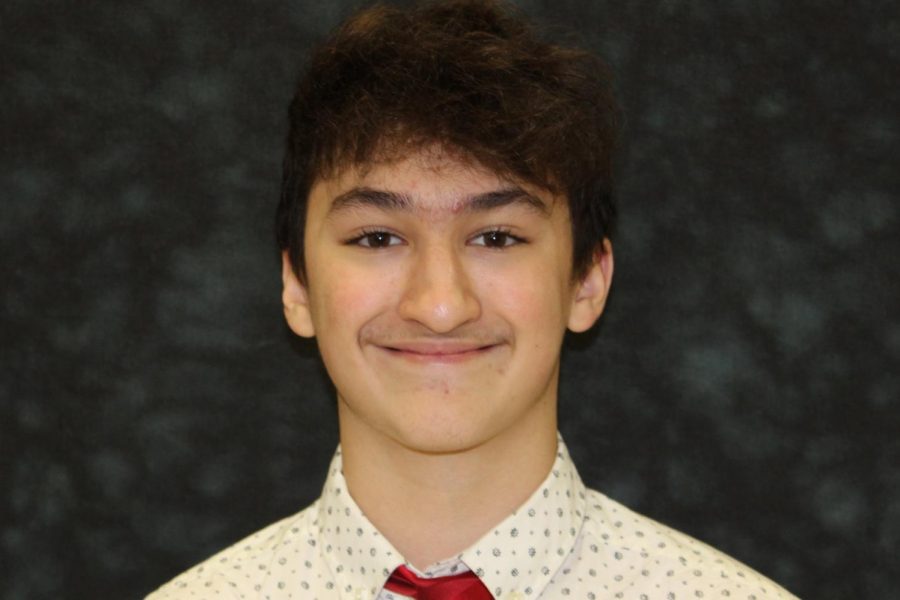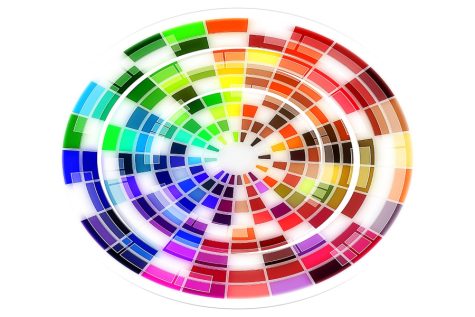Esports are a legitimate sport
The debate over whether Esports are a legitimate sport divides generations.
The debate spans the definition of a sport to the legitimacy of professional gamers.
Over the past two decades, vocal opposition arose to the notion of recognizing Esports as a sport equal to football, soccer, and every other professional competition.
Why is there an opposition to Esports? What harm would it do to call them sports?
It all comes down to people’s definition of the word “sport” and their understanding of what it takes to succeed in the competition.
According to Syracuse University, Esports will reach 500 million viewers by 2020 and that large audience rivals the fan bases of many other sports.
While some think Esports only involve smashing a few buttons, in reality they are much more complex.
Some common quips from the opposition include telling Esports gamers that it takes no skill or that anyone can sit at a computer to game all day.
In actuality, physical abilities heavily drive the industry. Not everyone can do it.
Players must have an electrically fast reaction time and make decisions in milliseconds. Those very decisions can determine the outcome of a whole series.
As you get older, these reaction times deteriorate just like other physical capabilities used in traditional sports.
Those who don’t see Esports as a sport seem to imagine the stereotypical nerd portrayed by television in the past.
In reality, professional gaming is more than eating and slouching on a couch.
Three-time NBA champion Rick Fox founded Echo Fox, an Esports organization, in 2015. He did so because he saw his son jump into professional gaming and he wanted to connect with his son.
“It takes a lot of concentration, dedication, practice, preparation, and stamina,” Fox said in an interview with ‘The View’, “and the more I watched my son pursue this career, the more I watched him introduce me to the world that it (professional gaming) is.”
If a professional athlete recognizes that professional Esports players are real athletes, why don’t others agree?
Even the U.S. government recognizes Esports professionals as real athletes by letting them get P-1A visas to compete in America.
And Esports takes more than just mental training; Esports competitors challenge themselves athletically too and many work out to improve their game.
“Counter-Strike: Global Offensive” team Astralis — one of the top teams in the game– set the trend in fitness.
The organization found that consulting health experts, keeping a strict fitness regimen, and eating a clean diet helped them stay in the top spot in “CS:GO” from February 2018 to June 2019.
Their streak was the longest in the game’s history.
Many teams took note of the streak and adopted a fitness regimen and diet for their players.
On average, professional eSport players spend seven to nine hours a day practicing with their team and it’s not unusual for them to clock in 12 hours in a day when taking individual practice into account.
This dedication is comparable to professional athletes in other sports.
It’s irrational to deny the legitimacy of Esports.

Class: Senior
Hobbies: Playing video games and traveling
Future Plans: In the future I plan to be either an aerospace engineer or a mechanical...






